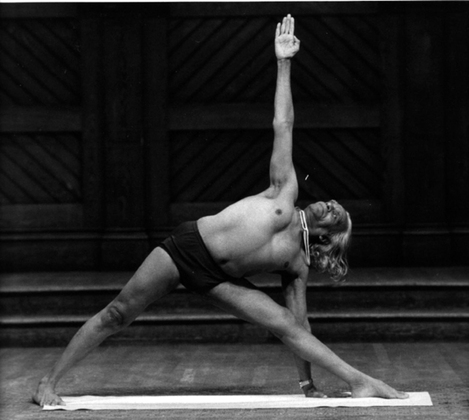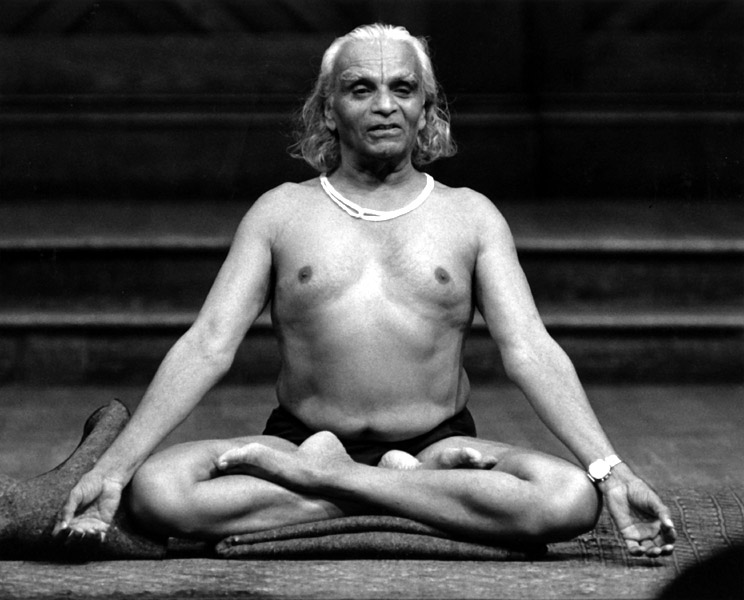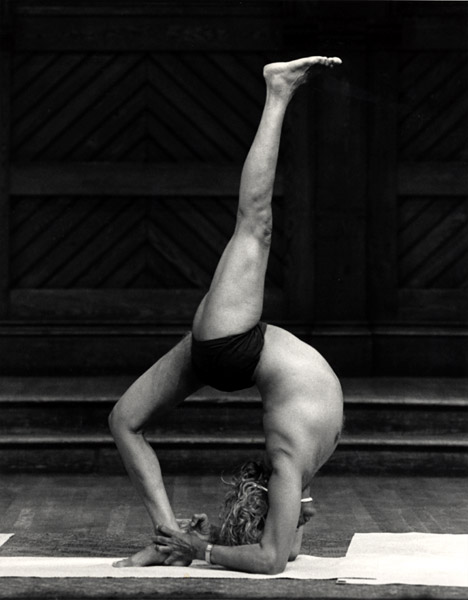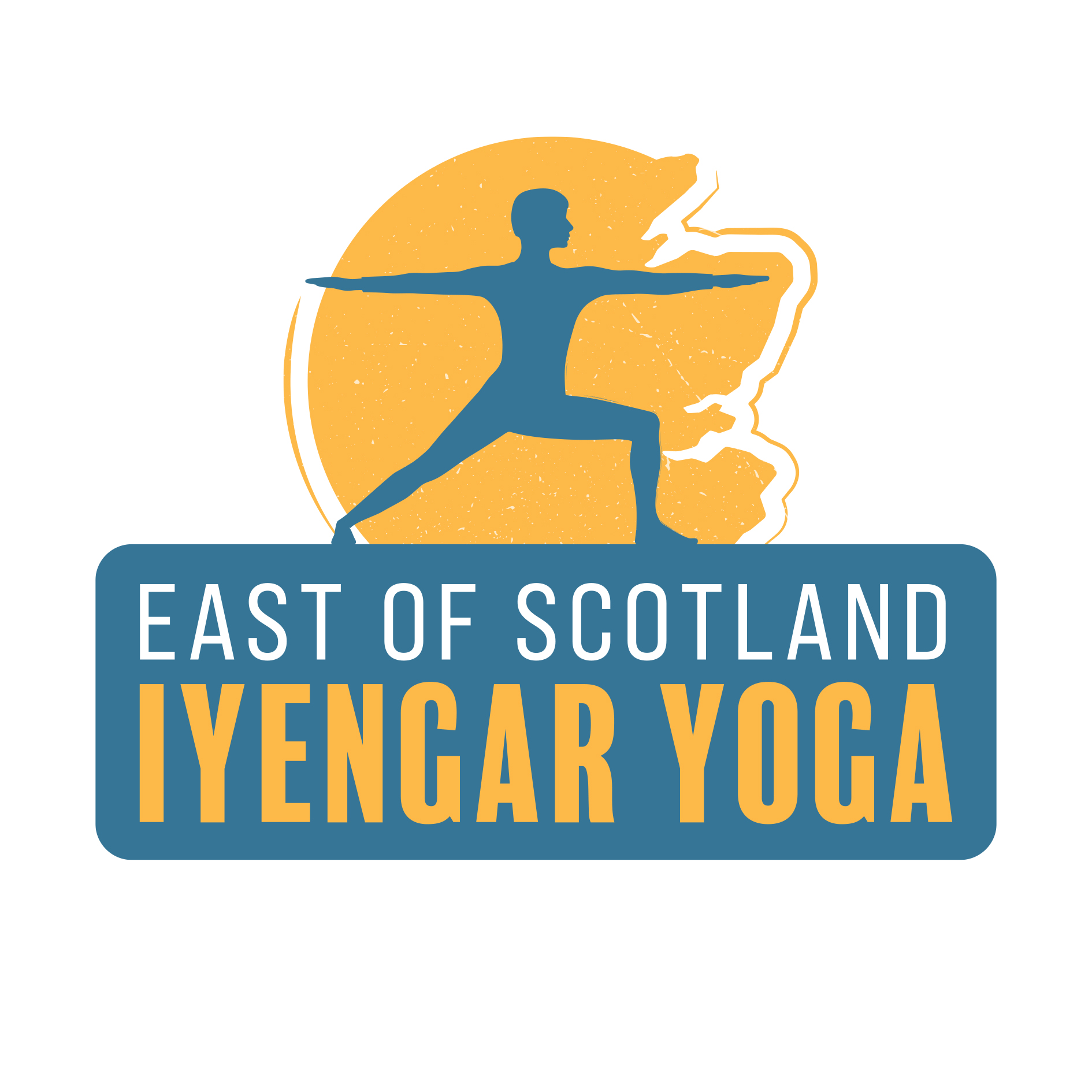East Scotland Iyengar Yoga Group Constitution
- Title
The name of the society shall be ‘East Scotland Iyengar Yoga’, referred to in this constitution as ‘the group’.
- Objects
(a) To promote public understanding of the principles of Yoga established by Yogacharya B. K. S. Iyengar (Iyengar Yoga).
(b) To co-ordinate, throughout the area, classes for the instruction and training of the public in the principles of Iyengar Yoga, and to arrange and provide for the holding of demonstrations, meetings lectures and classes.
(c) To register all persons subscribing to the Group to Iyengar Yoga (UK) Ltd and to pay IY(UK) Ltd membership fee on behalf of such persons.
(d) To issue a news sheet or emails or maintain a website publicizing its activities.
(e) To maintain links with other Iyengar Yoga groups and to send a representative to IY(UK) Ltd meetings.
(f) To foster a friendly community spirit and encourage harmony and unity amongst members.
(g) To raise funds or borrow money and to invite and receive contributions by way of subscription, donation or otherwise, provided that the group shall not undertake any permanent activities in raising funds for its charitable objects.
- Membership
(a) A person who subscribes to the group an annual sum shall be an ordinary member of the Group and shall be entitled to vote at all general meetings of the Group so long as her/his current subscription due on the 31st of March of each year has been paid, but a person whose subscription is more than 6 months in arrears shall cease to be a member.
(b) The Group Executive Committee may in its discretion refuse to accept any person as member of the Group.
(c) Any member of the group can be on the Executive Committee.
- The Executive Committee
(a) The Group shall appoint at the Annual General Meeting an Executive Committee to be constituted as a Chairperson, Honorary Treasurer, Honorary Secretary and IY(UK) rep and up to 4 other office bearers deemed necessary.
(b) A representative to the Executive Council of the IY(UK) Ltd will be appointed from the membership once the membership reaches 50. Nominations to be requested through the normal communication channels, and if more than one volunteer, there should be an election.
1: When a potential vacancy is identified, actual or imminent, that vacancy should be advertised to all Group members.
2: Nominees can be teachers or non-teacher members of the Group.
3: Nominees can either be existing members of the Group’s Executive Committee or ‘ordinary’ members.
4: Nominees should have a proposer and a seconder, both of whom should be members of the Group.
5: If only one nomination is received, voting in an election contest is unnecessary, and the Group Executive Committee shall appoint that sole nominee.
6: If more than one nomination is received, then an election contest must be held and the whole membership of the Group should be given the opportunity to vote.
7: A minimum of 3 weeks must be allowed between the call for nominations and any resulting election.
8: The Group can decide on the best method of polling their membership, as long as it is a fair and democratic process. Examples of ways votes could be collected are electronically, by post or by hand.
9: When the representative is elected s/he must become or remain a member of the Group’s executive.
10: The maximum term of office is 3 years. After this, a representative must stand down but can be re-elected for a second term of three years. After this second term, the representative must stand down for at least three years and may then stand for election again.
(c) The Group’s Executive Committee shall fill vacancies and appoint such sub committees as it thinks fit. Any such committee shall report its proceedings to the Group’s Executive Committee.
- General Conditions relating to Committees
(a) The quorum of the Group’ Executive Committee shall be 3.
(b) The Group’s Executive Committee shall hold meetings at least two times a year and not more than 7 months shall elapse between the date of one meeting and that of the next.
- Meetings of the Group
(a) In each year there shall be one Annual General Meeting of the Group which shall be held not later than six months after the end of the financial year of the Group.
(b) Not less than 21 days’ notice of the Annual General Meeting shall be sent to every member.
(c) A Special General Meeting of the Group shall be called by the Group’s Executive Committee on not less than 14 days’ notice if so requested in writing by not less than 20 of the members of the Group. The notice of requisition shall include the business to be discussed at the Special General Meeting and no other business shall be discussed.
(d) There shall be a quorum when 7 members including one of the Honorary members are present.
(e) All motions shall be in writing agreed by the proposer and seconder and shall be delivered to the Chairperson and read them before any debate.
(f) Any matter shall be decided in the first place by an open vote but the Chairperson may order a secret ballot and must do so if it is required by more than 5 members.
(g) The Group’s Executive Committee shall have power to make regulations enabling members unable to be present to vote by proxy or in writing including email.
(h) The matters to be dealt with at the Annual General Meeting shall include:
(1) The elections to the Group’s Executive Committee.
(2) The appointment of the Auditors of the group if the size or the turnover warrants such action.
(3) The receipt of the Report of the Group’s Executive Committee and the sub Committees on the previous year’s work, the receipt of the balance sheet and income and expenditure account for the preceding financial year.
- Functions of the Executive Committee
The Group’s Executive Committee shall control and provide for the administration of the affairs of the Group and in particular:
(a) Formulate and give effect to the general policy of the Group.
(b) Give guidance to the sub and other Committees and consider reports for them.
(c) Fix the amount of the annual membership subscription.
(d) Generally act in the name of the Group.
- Officers
(a) All member Group official correspondence, documents and websites may carry the sentence “In the light of BKS Iyengar” in its header sections.
(b) The Honorary Treasurer shall be responsible to the Group’s Executive Committee for the proper keeping of the Group’s accounts and shall have power to give receipts for all the monies paid to them and shall administer the funds of the Group.
(c) The Honorary Secretary shall attend meetings of the Group and the Group’s Executive Committee and shall be responsible for the day to day management of the affairs of the Group.
(d) The Chairperson shall be the chairperson of any meeting at which he or she is present. In his or her absence the meeting shall elect a chairperson. The chairperson of any meeting shall have a casting vote.
(e) Minutes of all meetings of the Group shall be recorded and retained. At every meeting of the Group minutes of the last meeting shall be reviewed and signed by the Chairperson if correct.
(f) The Group’s Executive Committee may appoint and pay such legal and financial advisors as shall from time to time be necessary for the carrying out of the workings of the Group.
(g) The Group’s Executive Committee shall maintain such banking account or accounts in the name of the Group into which shall be paid all sums of cash for the time being belonging to the group (other than petty cash not exceeding £100 or such higher sum as shall be agreed at a General Meeting). A majority of committee members shall agree to money transfers (or payments) made by the treasurer.
- Accounts
(a) The Group’s financial year shall end on the 31st of March each year.
(b) The Group’s Executive Committee shall cause proper books of account to be kept with respect to:
(i) all sums of money received and spent by the Group.
(ii) the assets and liabilities of the group.
(c) The books of the account shall give a true and fair view of the affairs of the Group.
(d) The books of the account shall be available for inspection by any member at such time as the Group’s Executive Committee shall decide.
- Distribution of assets
In no circumstances can any profit be distributed to members, but any assets accumulated shall be re-invested in the Group or used to further the aims and objectives of the Group.
- Amendments to the Constitution
(a) Any clause of the constitution may be altered by a majority of two thirds of the members of the Group voting in General Meeting in person or by proxy.
(b) Any proposal must be communicated to the Chairperson in writing at least 35 days before the meeting at which the proposal is to be moved and the notice of such meeting shall include the text of the proposal.
- Power of Election
Any matter not provided for in this constitution, or any question over the interpretation of it shall be dealt with by the Group’s Executive Committee whose decision shall be final and where there is conflict between any of the rules the key rule will take priorety.
- Dissolution
Any disposable assets remaining upon dissolution of this Group after outstanding liabilities have been cleared shall be given or transferred to any other body with similar aims and objectives or any charity as the committee shall see fit.



